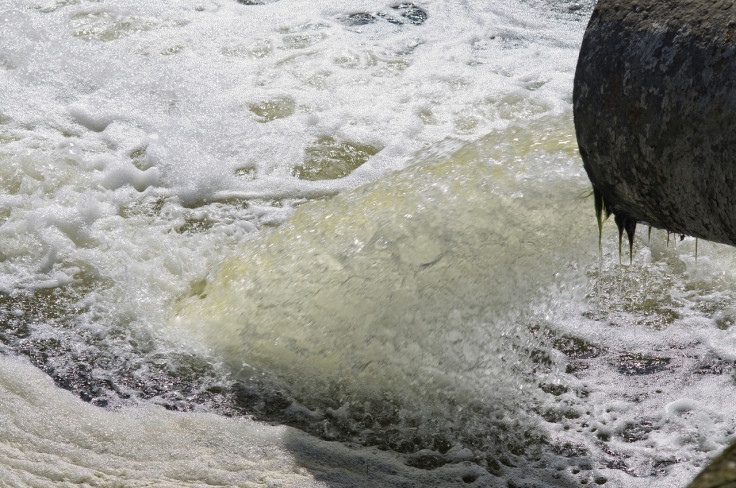
Researchers in San Diego say they have detected a poisonous substance in the Tijuana River Valley as a result of the high volume of raw sewage flowing from Mexico into the area.
Concretely, they say they found dangerous levels of hydrogen cyanide and hydrogen sulfide, leading them to abandon their work in the area. The researchers from San Diego State University and UC-San Diego stopped their work as Dr. Kim Prather, director of the Center for Aerosol Impacts on Chemistry of the Environment at UC San Diego, said she could not continue putting them "at this level of risk."
San Diego authorities are disputing the claims, according to Border Report, and saying residents have no need to be fearful. "I want to reassure everyone that this is not an imminent threat," said San Diego County Chairwoman Nora Vargas.
"Our county experts are actively gathering public health data and conducting research to provide the most accurate information. It's unacceptable that South County residents have to worry about whether it's safe to go outside. I'm fighting every day to address the root of this issue, but for now, you can trust the data."
However, schools located near the Tijuana River Valley suspended outdoor activities in the area this week as a result of hydrogen sulfide levels. School authorities said that "due to the heat and high levels of toxins in the air from the Tijuana River Valley area and in an abundance of caution, we have issued a directive for all outdoor activities at all our schools to be limited on Monday, September 9."
"All physical education, recess and after-school activities will be moved indoors. Students will be instructed to remain indoors during lunch and all middle school sports will be canceled," wrote Amy Cooper, executive assistant to the superintendent and special projects."
Local authorities reiterated calls for a federal state of emergency declaration, as it would release funding and offer immediate help to alleviate the situation.
Last week, a group of California lawmakers introduced legislation aimed at tackling the issue. The Border Water Quality Restoration and Protection Act is similar to other bills that sought to restore bodies of water like Chesapeake Bay and the Great Lakes, according to Border Report.
If passed, the bill would designate the Environmental Protection Agency (EPA) as the lead agency and coordinate agencies across all levels to address high pollution levels in the Tijuana River.
The bill comes weeks after Democratic U.S. Rep. Juan Vargas announced a $400 million contract was awarded to refurbish a plant dedicated to treating wastewater in the area. According to the International Boundary and Water Commission, between 40 and 50 million gallons of untreated water have been flowing daily into the Valley from the Tijuana side of the border. The agency said the figure had been reduced to 11 million on Tuesday, compared to 42 million the day before.







